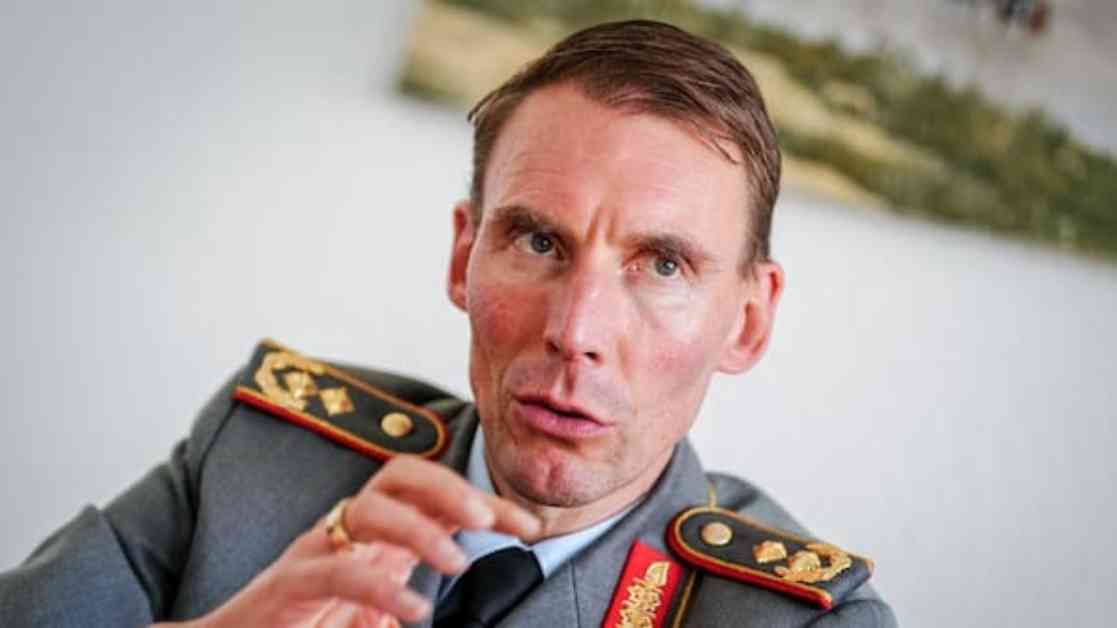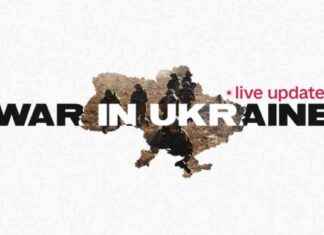Russia’s Ongoing Military Expansion in Ukraine Raises Alarms for NATO
In a recent report by Die Welt, it has been revealed that Russia’s military armament in Ukraine is far exceeding its current needs, raising concerns about a potential threat to NATO in the near future. German security sources have warned that this excessive buildup could pose a serious military threat to NATO by 2028.
Unprecedented Military Buildup
According to Major General Christian Freuding, head of the Ukraine Situation Center at the German Defense Ministry, Russia’s military capabilities have been growing exponentially. The Russian army has been increasing its arsenal with more tanks, ammunition, missiles, and drones on a monthly basis. This buildup includes significant weapons production, troop recruitment, and international military cooperation.
Freuding emphasized that while a Russian attack is not certain, Moscow is clearly laying the groundwork for such a possibility. The Kremlin’s goal appears to be securing control over the illegally annexed Ukrainian regions of Donetsk, Luhansk, Zaporizhzhia, and Kherson by 2026, with the intention of posing a serious military threat to NATO with conventional weapons by 2028.
Alarming Production Figures
Russian military production has been on an unprecedented scale, with the country churning out approximately 3,000 glide bombs monthly, along with thousands of precision glide bombs with ranges up to 100 kilometers. Additionally, Russian companies and volunteers manufacture 1.5 million first-person-view drones annually, as well as at least 6,000 long-range attack explosive drones each year.
Security sources have highlighted that many components for these unmanned aircraft come from China, further complicating the situation. Moreover, Russia has been recruiting around 30,000 soldiers monthly through high financial incentives, despite daily casualties at the Ukrainian front.
Heightened Security Concerns
The report also mentions that Russia procures up to 3.6 million artillery shells annually, in addition to several hundred cruise missiles and ballistic missiles each year. With the assistance of Iran and North Korea, Moscow has been able to bolster its military capabilities significantly, raising serious security concerns in Europe.
As tensions escalate and military forces continue to amass in the region, the delicate balance of power in Europe hangs in the balance. The international community must remain vigilant and proactive in addressing this growing threat to ensure the safety and security of all nations involved.

















